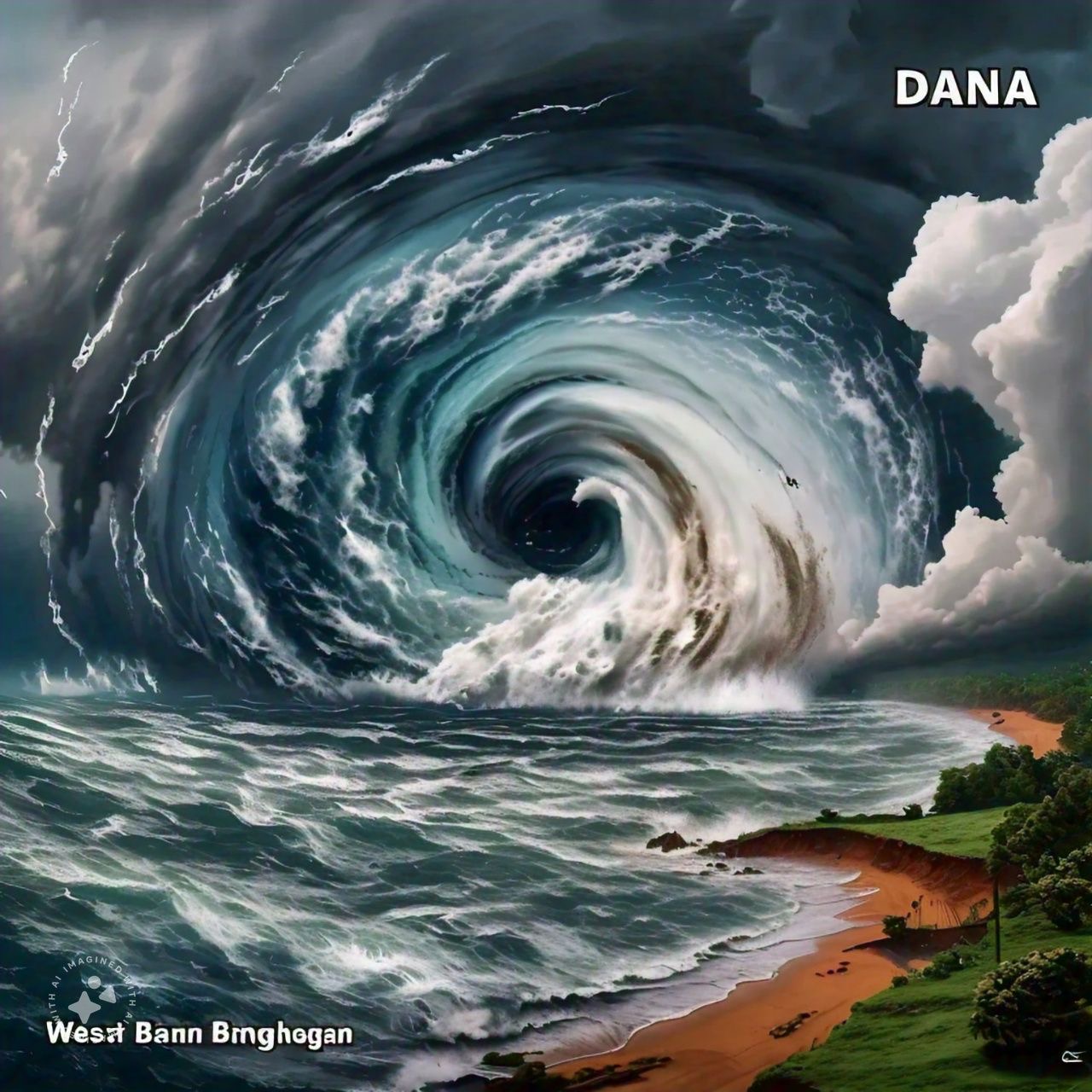
Strong cyclones can bring devastating winds, heavy rainfall, and storm surges that can put lives at risk. To minimize damage and ensure safety, follow these essential preparations:
Before the Cyclone:
1. Stay informed: Monitor weather forecasts and warnings.
2. Stock emergency supplies: Food, water, first aid kit, batteries, and flashlights.
3. Secure your home: Board windows, trim trees, and clear outdoor furniture.
4. Evacuate if advised: Move to safe shelters or higher grounds.
During the Cyclone
1. Stay indoors: Avoid traveling and stay away from windows.
2. Unplug appliances: Prevent power surges.
3. Keep phone charged: Stay connected with family and authorities.
4. Follow evacuation routes: If instructed to do so.
After the Cyclone:
1. Wait for clearance: Ensure safety before exiting.
2. Assess damage: Check for structural integrity.
3. Avoid hazards: Steer clear of fallen power lines, sharp debris.
4. Cooperate with authorities: Follow instructions for relief efforts.
Long-Term Preparations:
1. Build cyclone-resistant structures.
2. Implement early warning systems.
3. Conduct regular drills.
4. Strengthen community resilience.
Remember:Preparation is key to surviving strong cyclones. Stay vigilant, stay informed, and stay safe.
Informative
ReplyDeleteNice
ReplyDelete